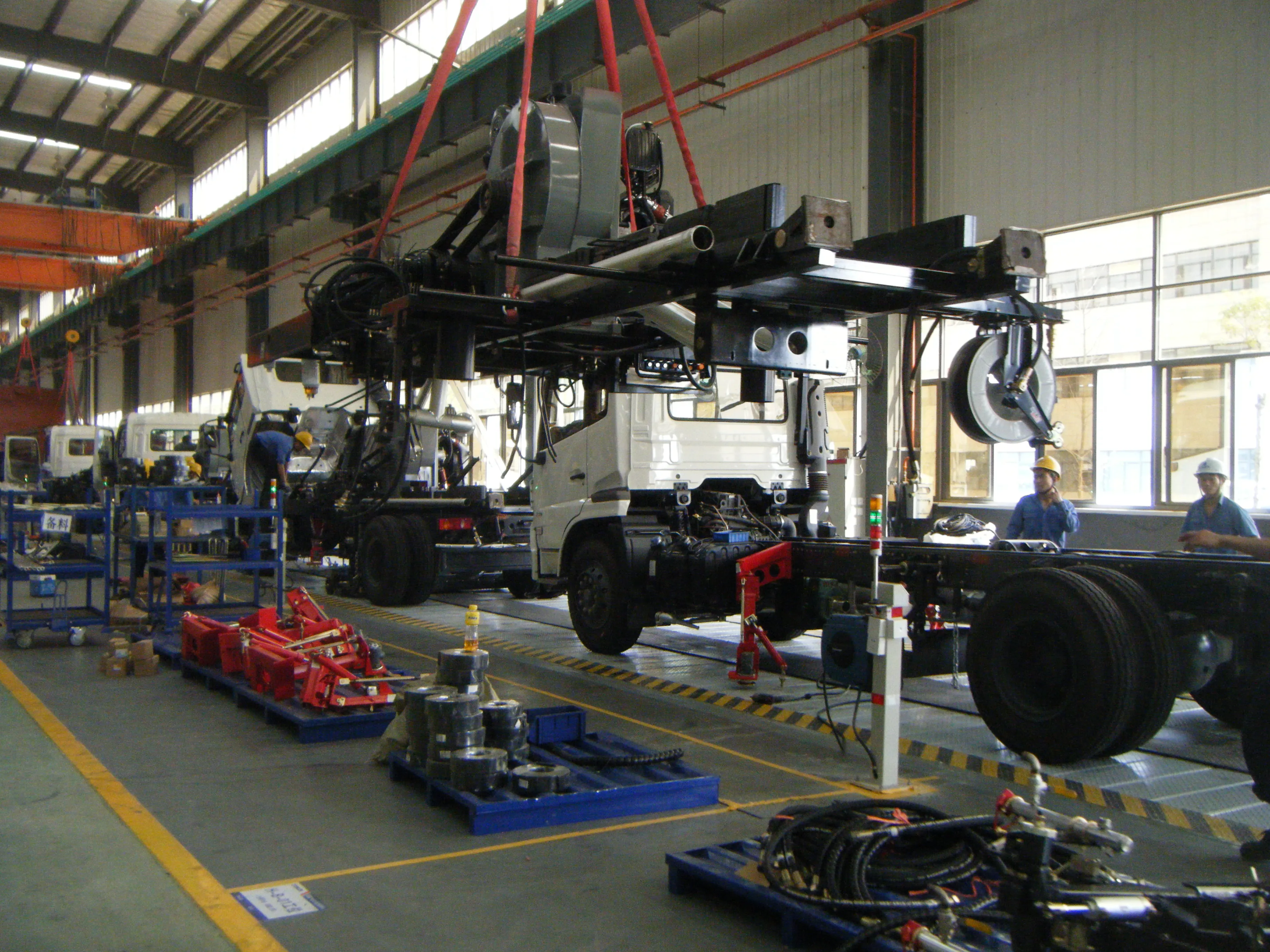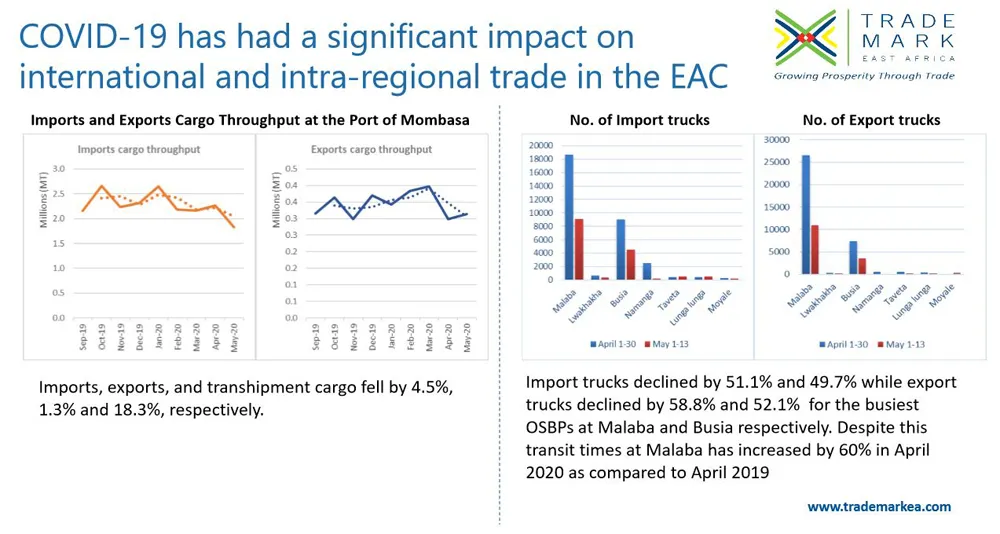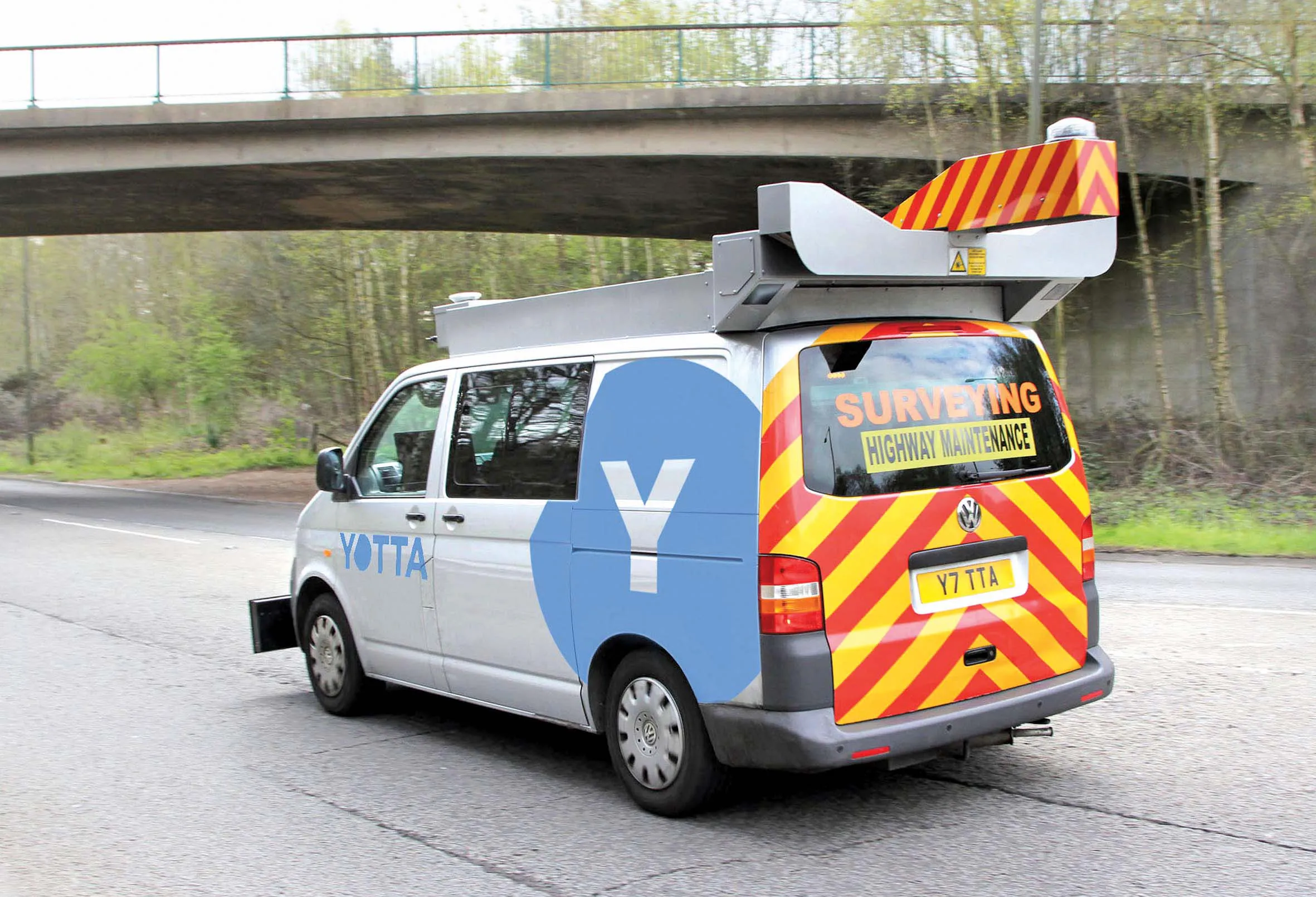In the US, the president recently signed a short-term extension for highway funding. This is a two-month extension that will provide funding for highway infrastructure until the end of July. But it is a very temporary measure made as the US Government has so far been unable to agree the longer term deal that will guarantee highway investment.
The Highway Trust Fund is in particular need of investment and such a short-term political patch cannot provide the necessary solution to help boost the US constru
July 1, 2015
Read time: 3 mins

In the US, the president recently signed a short-term extension for highway funding. This is a two-month extension that will provide funding for highway infrastructure until the end of July. But it is a very temporary measure made as the 908 US Government has so far been unable to agree the longer term deal that will guarantee highway investment.
The Highway Trust Fund is in particular need of investment and such a short-term political patch cannot provide the necessary solution to help boost the US construction sector, however.
The US president previously proposed a six-year transportation bill worth some US$478 billion. The six-year transportation bill would increase funding in US roads, highways and transit systems and provide dedicated funding for passenger rail, rail safety and a national freight programme. Congress has so far been unable to reach agreement on how to fund the bill.
White House spokesman Josh Earnest commented that the era of short-term patches and chronic under-investment in the transportation infrastructure must come to an end.
The root of the problem is a political one. It is caused by in-fighting between the Democrat and Republican parties, as well as within the parties. This shameful arguing has so far scuppered any chance of an agreement.
It is clear, however, to all involved in construction, equipment manufacturers and contractors alike (and no matter their political leanings), that this situation has to change. Construction industry bodies such as920 American Road & Transportation Builders Association (ARTBA) have long been highly vocal in pointing out that construction activity in the transportation sector provides an engine for economic progress. Properly planned transportation infrastructure delivers economic growth over time and every dollar spent on construction yields many more for a country’s GDP from trade and industry. US politicians, however, seem so intent on stabbing one another in the back that they have forgotten how vital an effective transportation network is to their nation and that their petty squabbling is damaging the economy.
If the previous two-year extension to the highway funding programme was described as a sticking plaster, then this two-month extension is at best a poorly applied, aerosol spray.
US politicians are by no means the only ones around the world to be guilty of ‘not seeing the wood for the trees’ so to speak, and the importance of a transport budget is widely misunderstood by politicians elsewhere. But the current US political inaction with regard to transportation is as highly apparent as it is deeply damaging to their country.
The Highway Trust Fund is in particular need of investment and such a short-term political patch cannot provide the necessary solution to help boost the US construction sector, however.
The US president previously proposed a six-year transportation bill worth some US$478 billion. The six-year transportation bill would increase funding in US roads, highways and transit systems and provide dedicated funding for passenger rail, rail safety and a national freight programme. Congress has so far been unable to reach agreement on how to fund the bill.
White House spokesman Josh Earnest commented that the era of short-term patches and chronic under-investment in the transportation infrastructure must come to an end.
The root of the problem is a political one. It is caused by in-fighting between the Democrat and Republican parties, as well as within the parties. This shameful arguing has so far scuppered any chance of an agreement.
It is clear, however, to all involved in construction, equipment manufacturers and contractors alike (and no matter their political leanings), that this situation has to change. Construction industry bodies such as
If the previous two-year extension to the highway funding programme was described as a sticking plaster, then this two-month extension is at best a poorly applied, aerosol spray.
US politicians are by no means the only ones around the world to be guilty of ‘not seeing the wood for the trees’ so to speak, and the importance of a transport budget is widely misunderstood by politicians elsewhere. But the current US political inaction with regard to transportation is as highly apparent as it is deeply damaging to their country.









